Introduction
A democracy places its citizens at the helm of government. Elected representatives who answer directly to them utilize this power, with justice being enforced impartially in accordance with law; this ensures all citizen’s rights are upheld while operating effectively as part of democracy.
Democracy can quickly devolve into tyranny without justice being maintained, due to powerful individuals acting without worrying about potential repercussions for their actions. This may result in the suppression of dissenters, minority groups or fundamental human rights violations.
Justice in a Democracy
Justice is essential for the functioning of democracy for several reasons. First, it ensures all citizens’ rights – such as life, liberty and property rights – are upheld; fairness also plays a part in social order and stability by decreasing instances of violence or other forms of discontent among its inhabitants. Thirdly, justice encourages economic expansion: businesses are more likely to invest and create jobs when they believe their rights will be upheld fairly.
Unjust democracy poses serious dangers.
An unjust democracy allows powerful individuals to act however they choose without worrying about any repercussions for their actions, leading them into irresponsible behavior that leads to dictatorship. As such, an imbalanced democracy may result in:
Minority group oppression:
Under an unfair system, it becomes easy for majorities to abuse minorities through violence, segregation, or discrimination. Violence could take the form of physical attack against them; segregation might separate communities. Discrimination might manifest itself.
Suppression of Dissent:
Critics who question government can be silenced through coercion, imprisonment or even execution when justice does not prevail.
Basic human rights can easily be violated when there is no justice in society. This includes freedoms such as assembly and speech as well as the right to a fair trial.
How can justice be ensured in a democracy?
A democracy offers numerous means to ensure fairness. These include:
Judiciary Independence:
For impartial decisions to be rendered by judges without fear of reprisals from administration.
An efficient judicial system must uphold and defend the rule of law for citizens. While upholding the rights of each citizen. To achieve this goal, an effective court system, well-trained police force, and fair punishment scheme are needed.
Respect for law as culture:
People must show respect for both the law and legal systems, by abiding by it themselves, helping law enforcement officials, filing reports of crimes committed and cooperating with police when needed.
2023 depicts Pakistan’s current democracy and justice situation.
Pakistan only recently gained independence from British domination in 1947 and remains an emerging democracy today. Since then, several democratic defeats such as military coups and instances of martial law have taken place. Nonetheless, regular elections and peaceful transition of power between political administrations has propelled Pakistan forward on its journey toward democracy.
Justice in Pakistan continues to face some hurdles despite this progress, particularly within law enforcement and judiciary systems. Police often are accused of violating human rights while the judiciary is often perceived as corrupt and inefficient; additionally there is considerable impunity for criminals holding positions of authority.
Pakistan is facing an extremely precarious situation in 2023. Economic and security challenges the nation is currently enduring have led to widespread protests and demonstrations. To quell opposition, administration has adopted an aggressive response, further damaging trust in both government and court systems.
Pakistan serves as a stark reminder of how fragile democracy and justice truly are, necessitating continuous protection due to corruption, impunity, and violence that can easily undermine them.
Here are a few specific examples of how Pakistan’s democracy and justice are under threat in 2023:
Authorities have been accused of abusing the legal system to attack their political rivals.
Police officers have been accused of abusing their power when confronting protesters.
Government officials have been involved in multiple high-profile corruption incidents.
Security forces have carried out several extrajudicial killings.
These issues pose a threat to Pakistan’s democracy and future of justice. If the government doesn’t address them, trust in both executive branch and legal systems may further erode, making addressing economic and security matters much harder for everyone involved.
It is essential to acknowledge that many individuals in Pakistan are working tirelessly towards increasing justice and democracy. Lawyers, campaigners and journalists all play an integral part in fighting to ensure all citizens’ rights are respected while the government accounts to its constituents.
Pakistan remains on an uncertain course towards greater democracy and justice, yet due to individuals fighting for these ideals there remains hope that Pakistan can move past its obstacles to form a more equal and democratic society.
Conclusion
Any successful society must be built upon two fundamental pillars – democracy and justice. Without fairness in our democracies, democracy could quickly deteriorate into tyranny. Therefore, we must take all steps possible to ensure fairness among us all.
Additional Ideas
It is also essential to remember that justice encompasses more than simply protecting individual rights. Ensuring the public can hold government accountable is another goal, so governments must be open and sensitive to people’s needs when handling transactions involving the public. Without accountability measures in place, government abuse of power becomes much more likely.
Keep in mind that justice is a dynamic concept; its meaning shifts with society over time and what was considered inclusive in one age may no longer apply in another era. Therefore, having an established mechanism allowing revision of definition of justice should remain an essential feature.
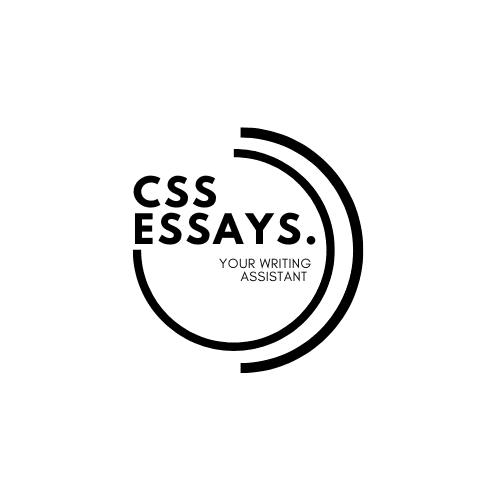
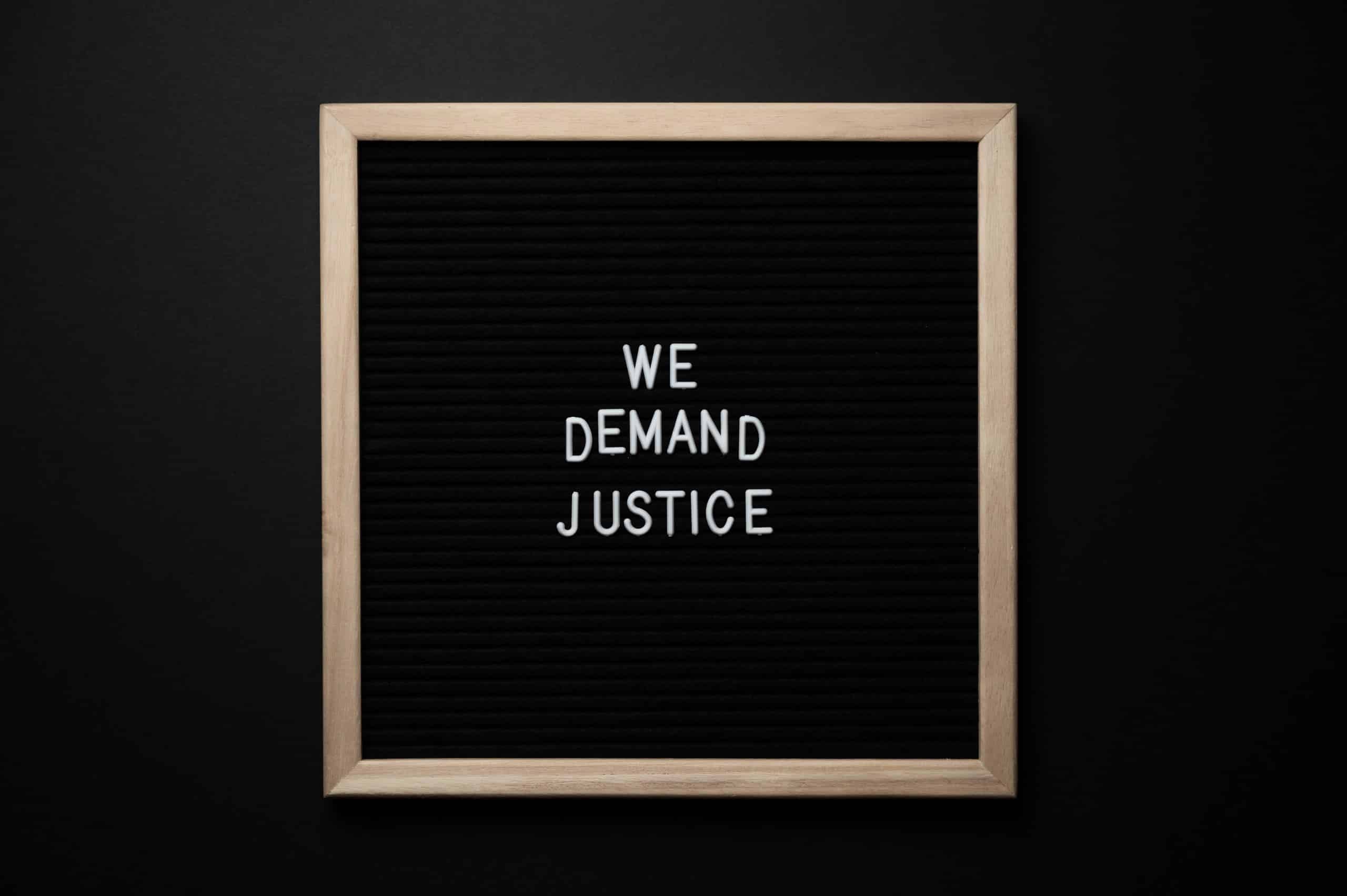

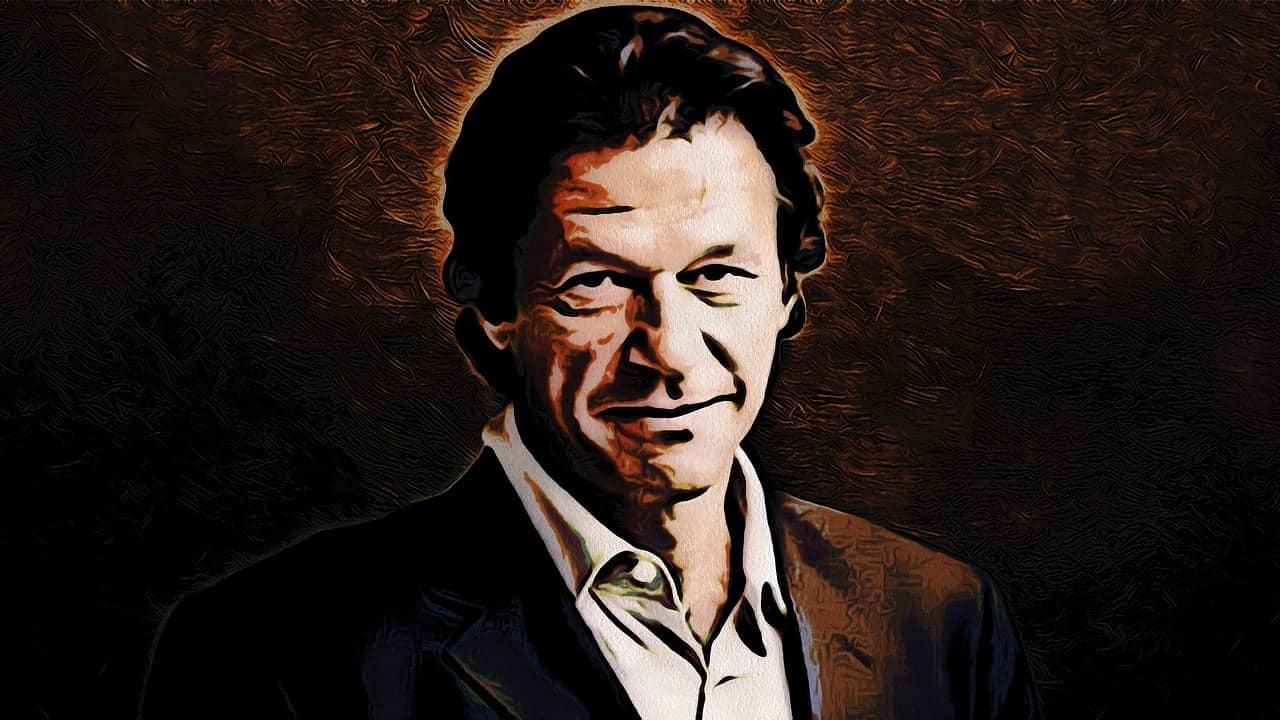
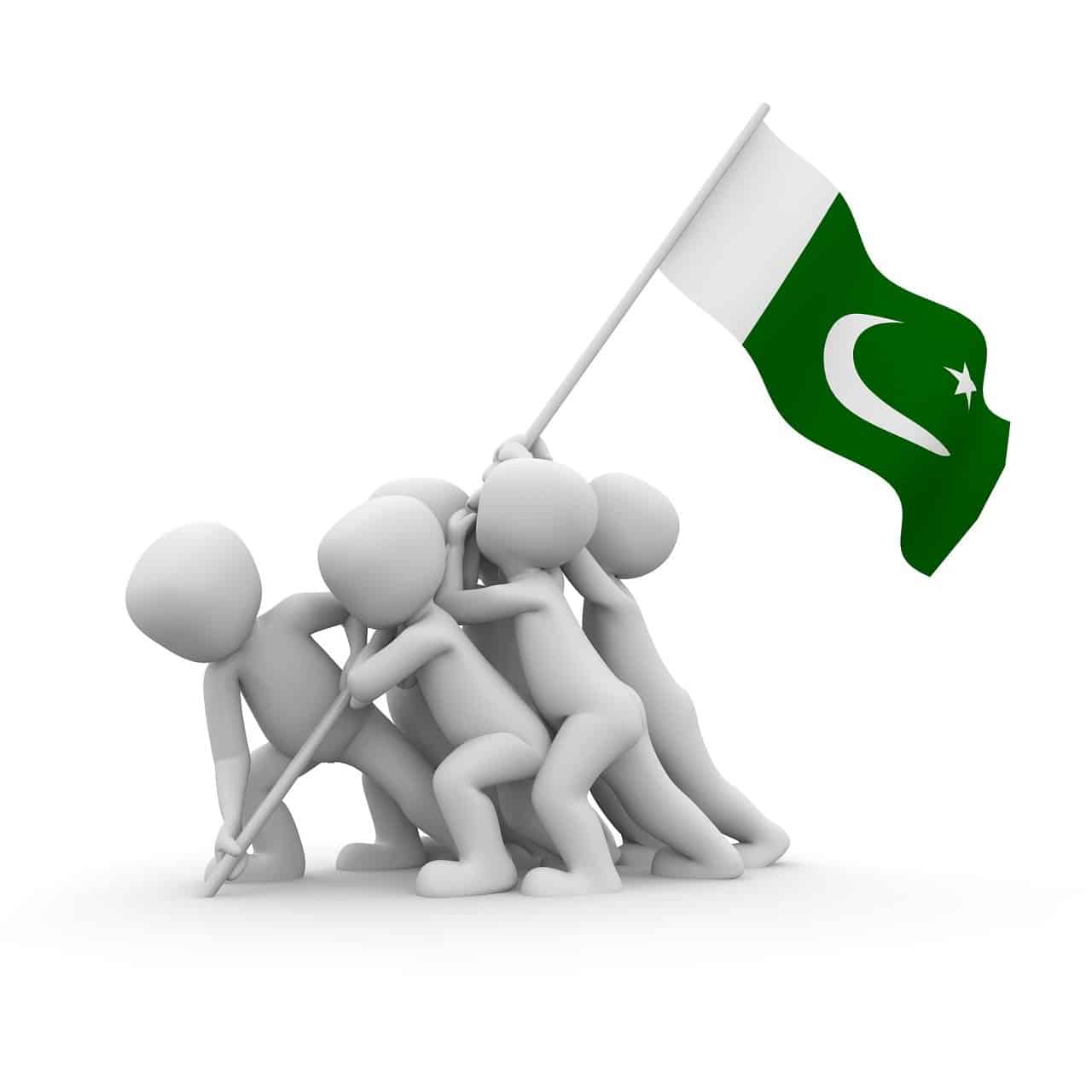
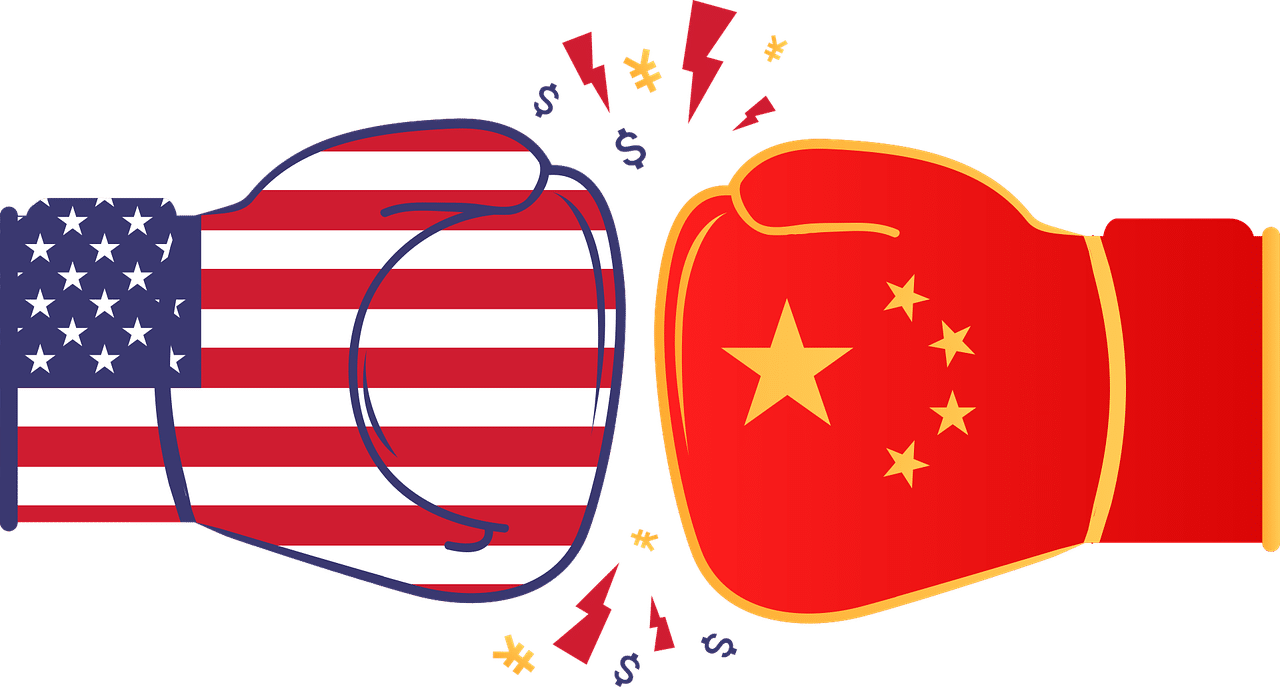
a good thought
Thats great.